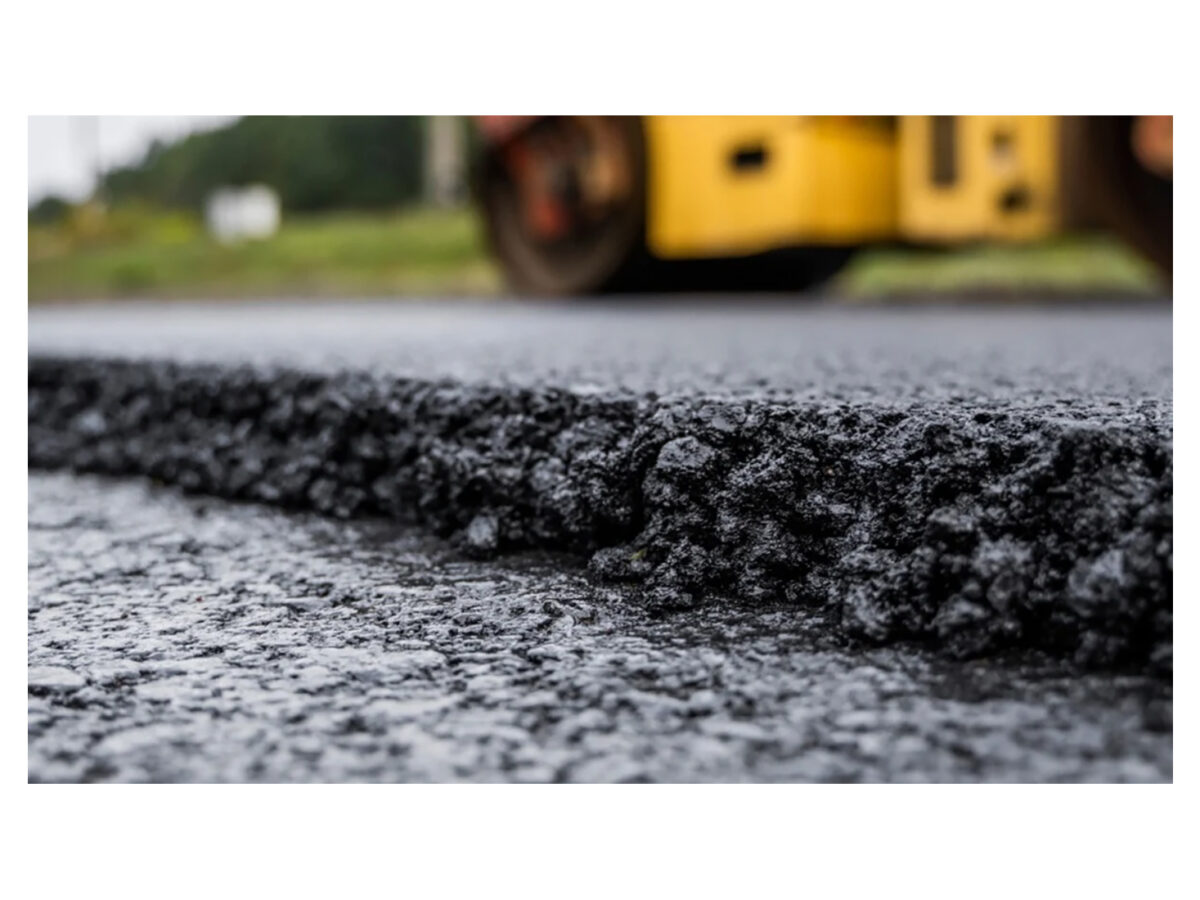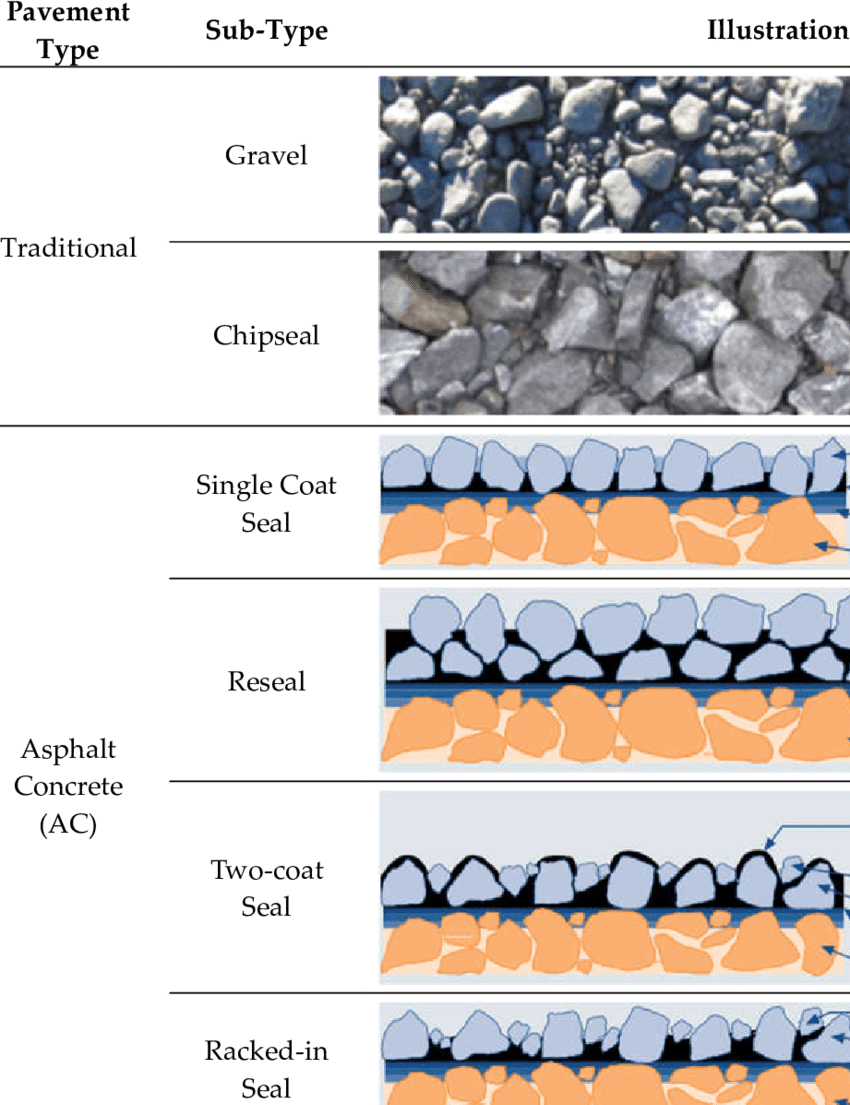Key Takeaways:
Understanding the Different Types of Asphalt.
- Asphalt comes in different types, each with unique properties and applications.
- Choosing the right type of asphalt can significantly impact pavement durability and performance.
- Consider factors like weather conditions, traffic load, and specific project requirements.
Introduction to Asphalt Types
Understanding the Different Types of Asphalt, Asphalt is a versatile material widely used in infrastructure engineering, renowned for its resilience and cost-effectiveness. It is a pivotal element for various construction projects, including roads, driveways, and parking lots. When planning any project involving asphalt, comprehending the different types available can be crucial for ensuring the durability and success of the project. Consulting with an experienced asphalt contractor La Porte, IN is vital in ensuring the right type is chosen, tailored to meet specific project requirements. This involves carefully considering factors like weather conditions, traffic patterns, and the surface’s expected usage intensity, all determining the best-suited asphalt type.
Hot Mix Asphalt (HMA)
Understanding the Different Types of Asphalt, Hot Mix Asphalt is the most utilized type, admired for its robustness and versatility. This asphalt variant is prepared by blending asphalt cement with fine and coarse aggregate materials at high temperatures. The heated mixture is laid while hot, facilitating compaction and a seamless finish. This type is renowned for its weather-resistant properties, which is ideal for highways and high-traffic pavements. Furthermore, by incorporating specific aggregates, its performance can be fine-tuned to cater to varied climatic environments and traffic conditions, thus enhancing its adaptability and lifespan.
Warm Mix Asphalt (WMA)
Understanding the Different Types of Asphalt,Warm Mix Asphalt takes the best of HMA and adds an eco-friendly twist. WMA presents several advantages, produced at significantly lower temperatures than traditional HMA. It reduces energy consumption and greenhouse gas emissions during production, promoting a more sustainable construction process. Additionally, WMA offers greater workability, which allows for an extended paving season and can be laid over longer distances without cooling too rapidly. Its environmentally friendly nature makes it an increasingly popular choice in modern projects prioritizing sustainability and eco-conscious practices. Considering its benefits, many infrastructure projects are shifting towards WMA to meet ecological goals while maintaining structural integrity.
Cold Mix Asphalt
Understanding the Different Types of Asphalt, Cold Mix Asphalt is a convenient and resourceful choice, particularly suited for patching and timely repairs. Unlike other types, it does not require heating, making it the go-to choice for areas where immediate repairs are needed, especially during colder weather conditions. This adaptability makes Cold Mix Asphalt valuable for quick turnaround jobs, facilitating ease of use and flexibility. While it may not offer the same level of durability as HMA or WMA, its ease of application ensures that essential repairs can rapidly and efficiently address pavement problems, thus maintaining road safety and functionality with minimal disruption.
Porous Asphalt
Understanding the Different Types of Asphalt, Environmentally conscious construction practices have prompted the development of Porous Asphalt, a solution designed to reduce surface water runoff significantly. This asphalt variant enables water to drain through the pavement structure, allowing for natural groundwater replenishment. As an innovative answer to stormwater management, Porous Asphalt is particularly suitable for parking lots, driveways, and low-traffic roads where drainage and flooding can be of concern. The increased permeability helps reduce the risk of flooding and water accumulation, enhancing safety in wet environments. Incorporating such sustainable practices reflects a growing awareness and responsibility towards urban planning and environmental impact considerations.
Choosing the Right Asphalt Type
Understanding the Different Types of Asphalt, Selecting the appropriate type of asphalt involves analyzing the project’s specific demands. Key considerations include expected traffic loads, local climate conditions, and budget constraints. Such factors directly influence the choice of asphalt that will offer functional durability, aesthetic appeal, and cost-effectiveness. Engaging with professional contractors can provide invaluable insights into aligning project goals with practical asphalt choices, ensuring superior performance and sustainable and economical outcomes. By making informed decisions based on comprehensive evaluation, individuals and businesses can develop infrastructure that withstands the test of time, while simultaneously aligning with environmental and fiscal responsibilities.






